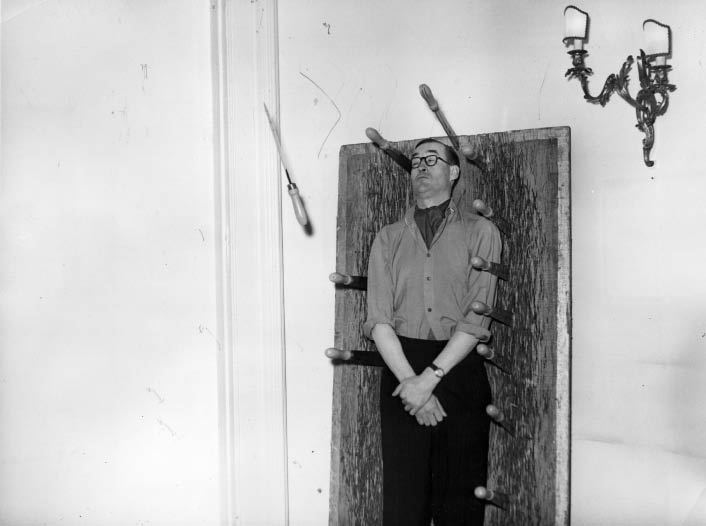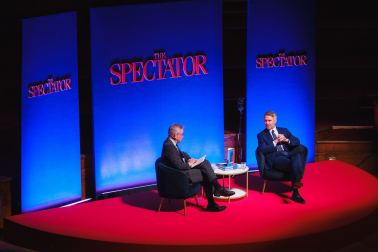This book could have been a classic. It starts as an account of the author’s family, no better, no worse than many such; but then, amongst the grandparents and the uncles, one figure starts to shoulder his way through the rout of characters, slowly at first, but then, perhaps two thirds of the way through, you realise he is dominating everything. Macdonald Hastings, the author’s father, is one of the great comic, and tragic, figures of our time.
Without him, the book would have been Henry IV, Parts I and II without Falstaff, a chronicle of events and people doing extraordinary things. With him, the writing quickens, the perception deepens, and you really begin to care about this fascinating, formidable, totally absurd man. Had Max Hastings chosen to write a biography of his father, given his love for him, and his exasperation, this would have been a great book.
I grew up with Macdonald Hastings. Boys did in the 1950s, at least those boys who read the Eagle comic, whose Special Investigator he was. The idea was so whacky for a start: that a comic, instead of the usual fictional cast of super heroes, should have a real grown-up, or at least someone masquerading as a real grown-up, embark on feats of heroism. And Hastings looked so wrong, being awkward and bespectacled and middle-aged, it was impossible for us to think of him as a hero.
Yet there he was, week after week, off to the Yukon, off to the Kalahari, down to the bottom of the sea, in between becoming a lumber-jack, a snake-charmer, and a gold-miner. I can remember one of his sentences now. ‘Without wasting any precious time I asked the knife-thrower if he ever missed.








Comments
Join the debate for just £1 a month
Be part of the conversation with other Spectator readers by getting your first three months for £3.
UNLOCK ACCESS Just £1 a monthAlready a subscriber? Log in